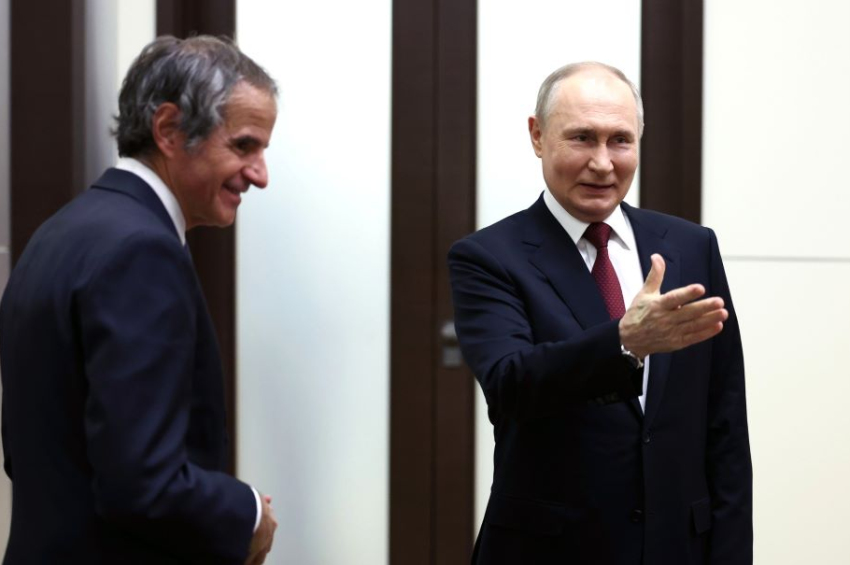When will Ukraine join the European Union?
The president of the European Council, Charles Michel, announced in September 2023 that the EU must be prepared for enlargement by the year 2030. Normally, the EU doesn't say "no" to anyone: if an aspiring country generally meets the accession criteria, it is granted a transition period to adapt to the community acquis, with candidate status.
"As we prepare the EU’s next strategic agenda, we must set ourselves a clear goal. I believe we must be ready — on both sides — by 2030 to enlarge," Michel said to an audience that included the leaders of Albania, Bosnia and Herzegovina, Moldova, Montenegro and North Macedonia, all official candidates for EU accession, during the Bled Strategic Forum in Slovenia in late August.
A spokesperson from the European Commission emphasized the merit-based nature of the enlargement process the following day, stating that "candidates should join the European Union when they meet the necessary criteria."
The geopolitical consequences of Russia's war in Ukraine have prompted the EU to reinvigorate its previously dormant enlargement policy. Countries in Eastern Europe and the Western Balkans are increasingly looking towards Brussels for closer integration with the Western world.
Since the onset of the invasion in February 2022, three countries – Ukraine, Moldova, and Bosnia and Herzegovina – have achieved candidate status, while engagement with the other three candidate countries has intensified. Ukraine's journey to membership is considered the most pivotal for shaping a geopolitically significant European Union, but it also presents the most complex political challenges.
More to read:
What are the odds (and consequences) of Russia’s disintegration?
On 28 February 2022, Ukrainian President Volodimir Zelenski signed an official application for his country’s membership in the EU. In an emotional speech after the brief ceremony, the Kyiv leader argued that the country deserved to be part of the European family, which Ukraine now defends against the Russian aggressors.
It is hard to imagine that anyone in the European Commission would have formally rejected Ukraine's application before the armed conflict with Russia. But would it accept a country embroiled in war in its yard?
Why not NATO?
Signing the EU membership application under fuming guns is an appropriate symbolic gesture, necessary to boost the defenders’ morale, given that from a political-military perspective, the EU cannot effectively help the Ukrainians. The European Union is not exactly a military bloc capable of defending against major external threats like Russia or China, let’s admit the truth, and after the departure of the United Kingdom, a nuclear power, it is even more dependent on the United States for defense.

European NATO members. Credit: mappr.co







